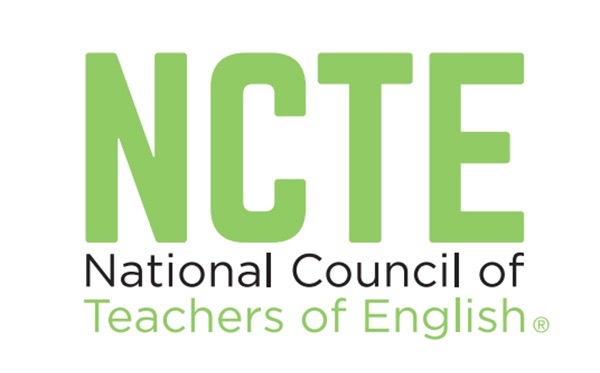Hispanic Heritage Month begins on September 15.
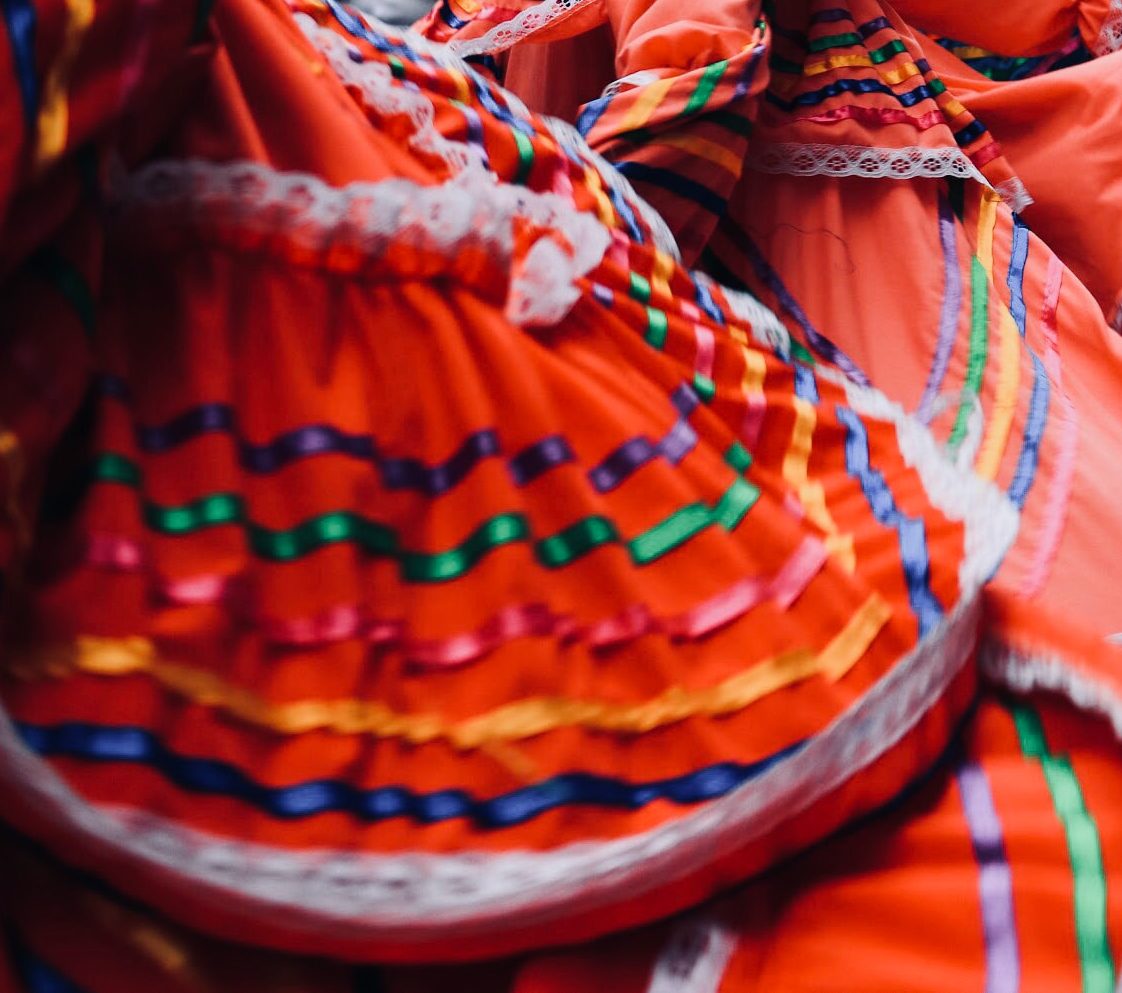
 .
.
ispanic Heritage Month takes place every year from September 15th to October 15th. During that time, we celebrate the cultures, histories, and contributions of those whose ancestors came from Mexico, Spain, the Caribbean, as well as Central and South America.
September 15th is a significant date because it’s the anniversary of independence for the Latin American countries Costa Rica, El Salvador, Guatemala, Honduras and Nicaragua. With Mexico and Chile celebrating their independence days on September 16th and September 18th respectively.
Dia de la Raza, a day of struggle and vindication of the original peoples, also falls within this period – on October 12th. [1]
Celebrate with a selection from this list of banned books by Hispanic authors:
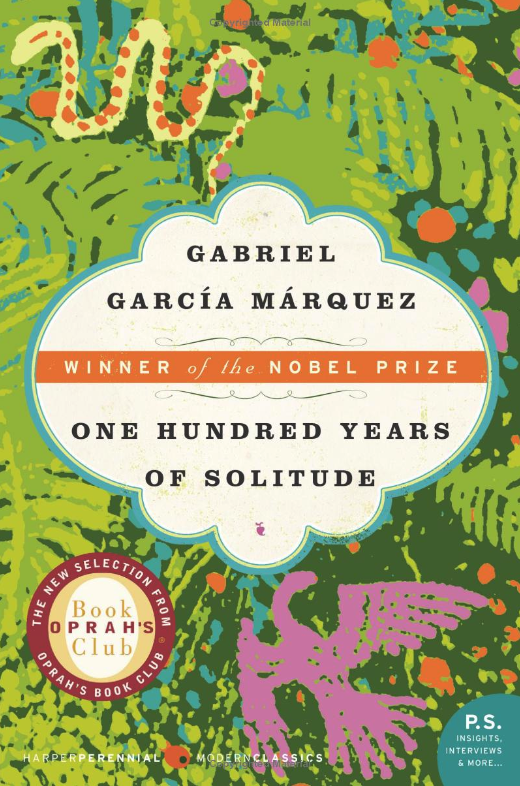
One Hundred Years of Solitude – by Gabriel García Márquez
This Nobel Prize winning work was published in 1967, and frequently challenged throughout the 1980s and 1990s due to coarse language and sexual content. In 1986, it was removed from required reading lists at Wasco Union (CA) High School by school officials who characterized the novel as “garbage being passed off as literature. Scholars widely consider this work to be a groundbreaking example of magic realism.
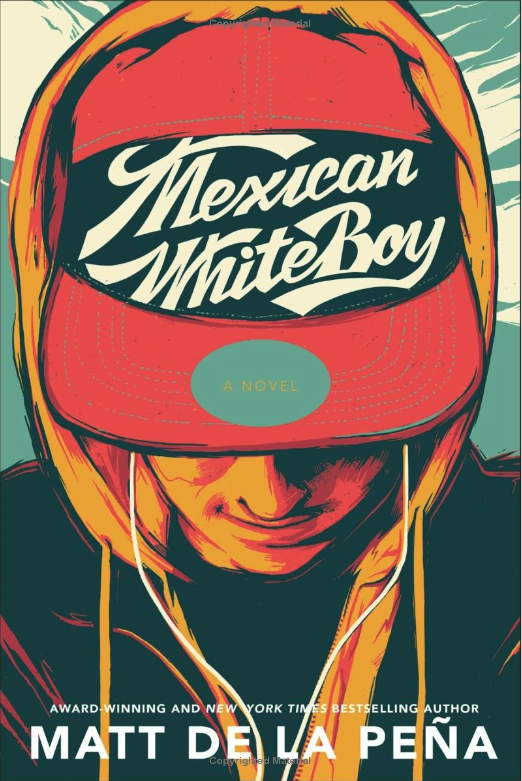
Mexican White Boy – by Matt de la Peña
Banned in Tucson, Arizona during their school system’s elimination of its Mexican American Studies Program. The author became known as an advocate for intellectual freedom. Though the Mexican American Studies Program was reinstated, this work remains relevant, given the recent targeting of books by and about the BIPOC (black, indigenous, people of color) community.
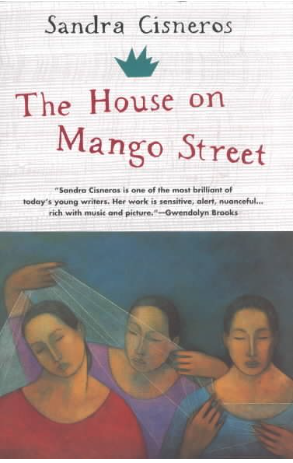
.
The House on Mango Street – by Sandra Cisneros
Cisneros’ work was a part of the same dismantled Mexican American Studies Program in Tucson that also involved Matt de la Peña. An Oregon school board also removed this book from its middle school curriculum in 2012 due to “concerns for the social images presented”. Fortunately, this decision was reversed following a student activism campaign. [2]
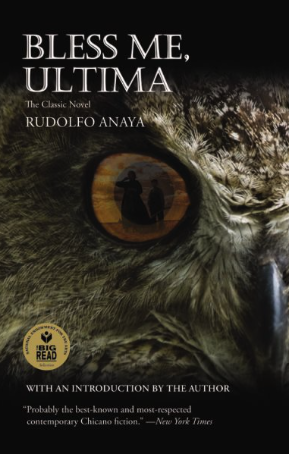
Bless Me, Ultima – by Rudolfo Anaya
Removed from a ninth grade English classroom in Norwood, Colorado during 2005, following parent complaints about profanity and “pagan content” (the title character is an herbal healer). Superintendent of schools, Bob Conder, confiscated two dozen copies of this novel and directed them to be destroyed. Students subsequently staged an all-day sit-in to protest the book’s removal. Conder later apologized, admitting he had never read the novel. [3]
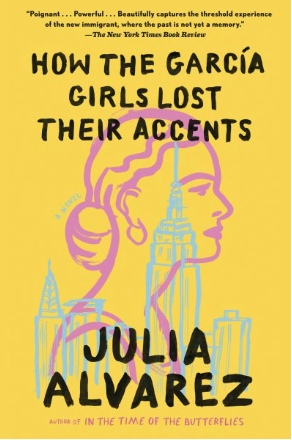
.
How the Garcia Girls Lost Their Accents – by Julia Alvarez
One of 55 books that Parents Protecting the Minds of Children petitioned to have removed from Fayetteville, Arkansas school libraries in 2019. Objections include profane language and depictions of sexuality in many of the books.

.
The House of the Spirits – by Isabel Allende
Challenged in 2013 at the Watauga County, N.C. High School due to the book’s graphic nature. After a five-month process and three appeal hearings, the book was fully retained. Allende’s work was named Best Novel of the Year in Chile in 1982, and she received the country’s Panorama Literario award.
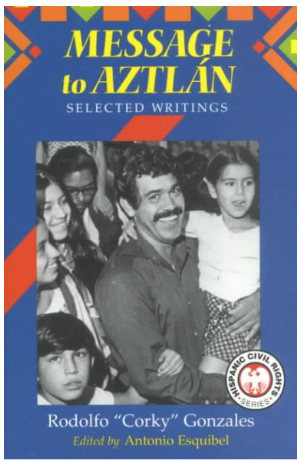
.
Message to Aztlán – by Rodolpho Gonzales,
Also included in the dismantling of Mexican American Studies (MAS) program in Tucson. Arizona Superintendent of Public Instruction John Huppenthal claimed the curriculum was “brainwashing” children into thinking Latinos have been victims of white oppression.
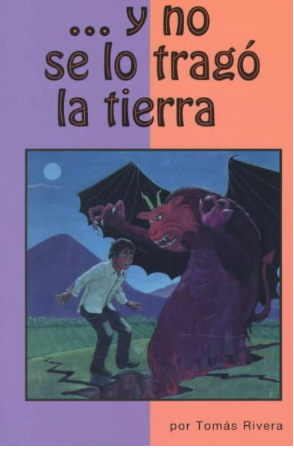
y no se lo tragó la tierra = and the earth did not devour him – by Tomás Rivera
Challenged with references to “a paragraph in the book full of offensive language,” this book contains themes of family life and tensions, getting an education, and growing up. This book was ultimately retained as part of the Clarke County, Ga. schools 2013 class reading list. [4]
Pick up one (or all) of these incredible books from your favorite bookseller.
And, be sure to check out our deep dive into Cisneros’ The House on Mango Street.

Endnotes:
[1] National Hispanic Heritage Month: Sept. 15-Oct. 15, 2023. United States Census Bureau.
Indigenous Resistance Day – Columbus Day – Meeting of two cultures. CNDH. (Comisión Nacional de los Derechos Humanos)https://www.cndh.org.mx/noticia/dia-de-la-resistencia-indigena-dia-de-la-raza-encuentro-de-dos-culturas
[2] Rogers, Camille. “Banned Hispanic Heritage Books.” University of Maryland College of Information Studies.
[3] “Norwood Students Stage Sit-In to Protest Book Banning.” July 21, 2015. The Watch. https://www.telluridenews.com/the_watch/news/article_1ce8907e-5b90-5a73-8baa-10ad85648900.html
[4]“Libros Prohibidos – Banned Books by Latin Authors.” Pima County Public Library.
https://pima.bibliocommons.com/list/share/328497117/505597407
Image:
Photo by Sydney Rae on Unsplash














